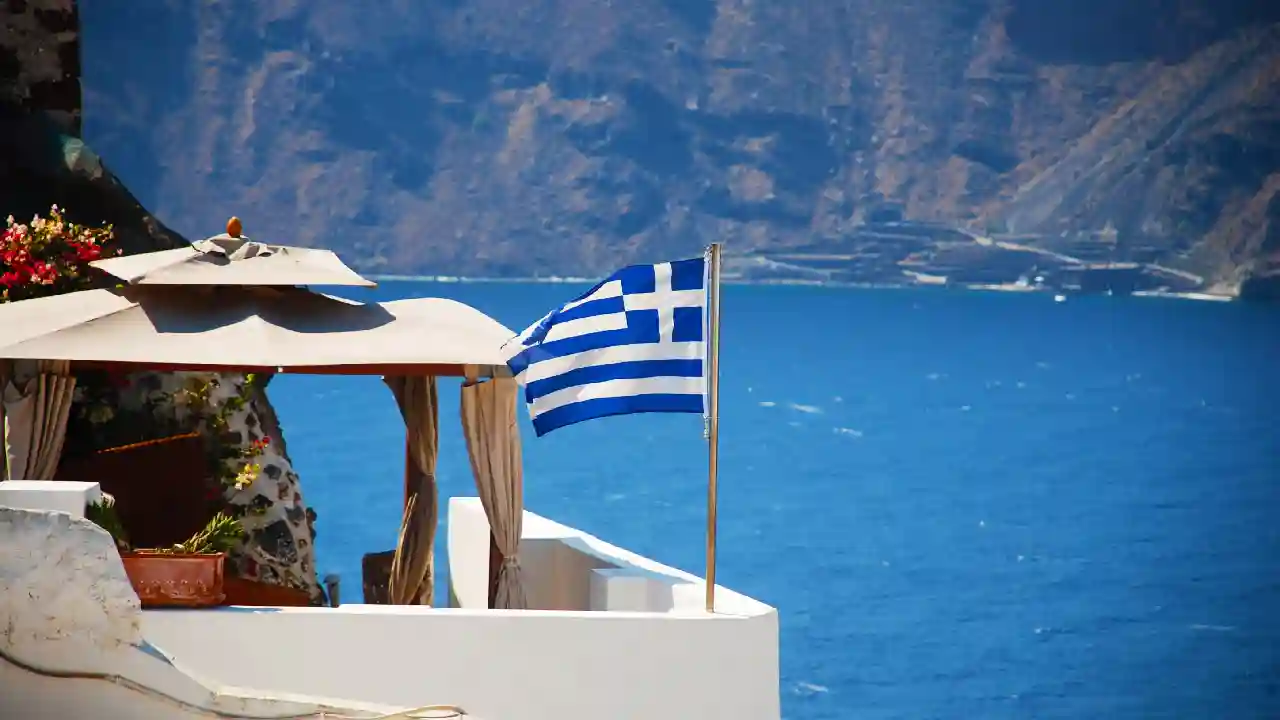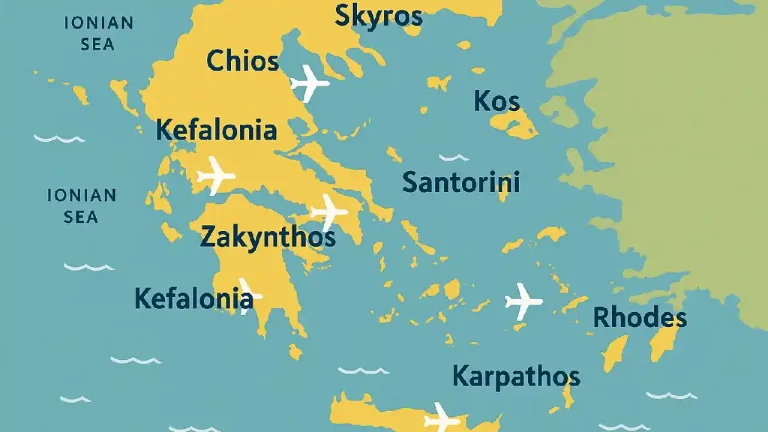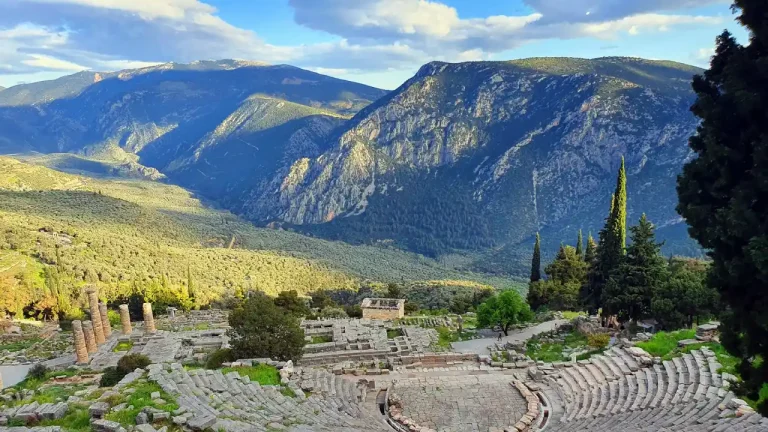Public Holidays in Greece: A Guide to Greek National Holidays
Greece, a country steeped in history and tradition, observes a vibrant calendar of public holidays. These holidays are a delightful blend of religious observances, national commemorations, and cultural celebrations. Whether you’re planning a trip or simply curious about Greek customs, understanding the country’s public holidays is essential.
How Many Public Holidays Are There in Greece?
Greece boasts a generous number of public holidays, with the exact figure varying slightly from year to year due to the nature of some religious holidays. In general, you can expect around 12 national public holidays. However, it’s important to note that every Sunday is considered a public holiday in Greece, reflecting the country’s deep-rooted Orthodox Christian faith.
What Days Are Things Closed in Greece?
While most businesses and government offices are closed on national public holidays, there are exceptions. Tourist attractions, restaurants, and some shops, especially in popular tourist areas, may remain open. However, it’s advisable to check the specific opening hours beforehand. Additionally, during the peak tourist season (July and August), many businesses operate with reduced hours or even close for vacations.
What Holiday is in Greece Today?
To find out if there’s a public holiday in Greece today, you can check online calendars or news sources. Alternatively, you can inquire at your hotel or accommodation.
What is the Biggest Holiday in Greece?
Determining the biggest holiday in Greece is subjective as it depends on individual preferences and cultural backgrounds. However, Easter is undoubtedly one of the most significant celebrations. It’s a deeply religious and festive period marked by elaborate traditions and customs. Other major holidays include Christmas, New Year’s Day, and Independence Day.
Greece National Holidays: A Closer Look
Greece’s public holidays offer a fascinating glimpse into the country’s rich heritage. Let’s explore some of the most important ones:
Religious Holidays
- Christmas Day (December 25): While Christmas is celebrated with religious significance, it also carries festive traditions and gift-giving customs.
- New Year’s Day (January 1): Celebrated with festive traditions and the cutting of the Vasilopita cake.
- Epiphany (January 6): This holiday commemorates the baptism of Jesus Christ. It’s celebrated with traditional customs like the blessing of water and the throwing of the Holy Cross into the sea.
- Clean Monday (Kathari Deftera): Marking the beginning of Lent, Clean Monday is a day for cleansing and renewal. Kite flying and enjoying traditional Lenten dishes are common activities.
- Easter: One of the most significant holidays in the Greek Orthodox calendar, Easter is celebrated with fervor and devotion. The Holy Week leading up to Easter Sunday is filled with religious rituals and customs.
- Assumption of the Virgin Mary (August 15): A major Marian feast day, this holiday is celebrated with religious processions and festive gatherings.
National Holidays
- Independence Day (March 25): Commemorating the start of the Greek War of Independence in 1821, this day is a symbol of national pride and unity.
- Labor Day (May 1): Celebrated worldwide, Labor Day in Greece is a day to honor workers and their contributions to society.
- Ohi Day (October 28): Marking Greece’s rejection of Italian demands in 1940, Ohi Day symbolizes courage and resistance.
Greece Public Holidays 2026
This table lists the public holidays in Greece for the year 2026, including the date, day of the week, and holiday name.
| Date | Day | Holiday |
| January 1 | Thursday | New Year’s Day |
| January 6 | Tuesday | Epiphany |
| February 23 | Monday | Clean Monday (Kathari Deftera) |
| March 25 | Wednesday | Independence Day |
| April 12 | Sunday | Orthodox Easter |
| May 1 | Friday | Labor Day |
| August 15 | Saturday | Assumption of the Virgin Mary |
| October 28 | Wednesday | Ochi Day |
| December 25 | Friday | Christmas Day |
Local Celebrations and Additional Holidays
Beyond the national public holidays, Greece also embraces a rich tapestry of local celebrations and additional holidays that vary from region to region. These festivities offer unique opportunities to experience the country’s diverse cultural heritage and traditions.
Regional Festivals and Celebrations
Greece is a country of vibrant festivals, each with its own distinct character. Some of the most renowned regional celebrations include:
- Carnival (Apokriá): Taking place before Lent, Carnival is a joyous period filled with parades, masquerades, and traditional delicacies. It is particularly exuberant in Patras, where the Carnival festivities are world-famous.
- Naoussa Carnival: Known for its satirical and humorous elements, the Naoussa Carnival is a unique celebration that attracts visitors from far and wide.
- Wine Festivals: Greece is renowned for its exceptional wines, and numerous wine festivals are held throughout the country, showcasing local varieties and accompanying them with delicious food and music.
- Religious Festivals: In addition to the national religious holidays, Greece hosts countless local religious festivals dedicated to patron saints. These celebrations often involve colorful processions, traditional dances, and local delicacies.
Name Days in Greece
Name days hold immense significance in Greek culture. Every individual celebrates the name day of their saint, which is often more important than their actual birthday. These celebrations bring families and friends together for joyous gatherings.
Additional Public Holidays
While not officially designated as national holidays, some additional days are observed as public holidays in specific regions or industries. These may include:
- Local Patron Saint Days: Many towns and villages celebrate the feast day of their patron saint, with festivities varying in scale and tradition.
- Liberation Days: Commemorating the liberation of specific regions from Ottoman rule, these holidays are observed locally with pride and reverence.
- Municipal Holidays: Some municipalities may have their own public holidays, often related to local historical events or cultural significance.
Planning Your Trip Around Greek Holidays
If you’re planning a trip to Greece, considering the public holiday calendar can significantly enhance your experience. Some holidays are ideal for immersing yourself in local traditions, while others might lead to crowded attractions or closed businesses.
By understanding the significance of these holidays and their impact on daily life, you can make the most of your visit to Greece. So, whether you’re seeking religious experiences, cultural encounters, or simply a relaxing getaway, Greece’s public holidays offer something for everyone.








